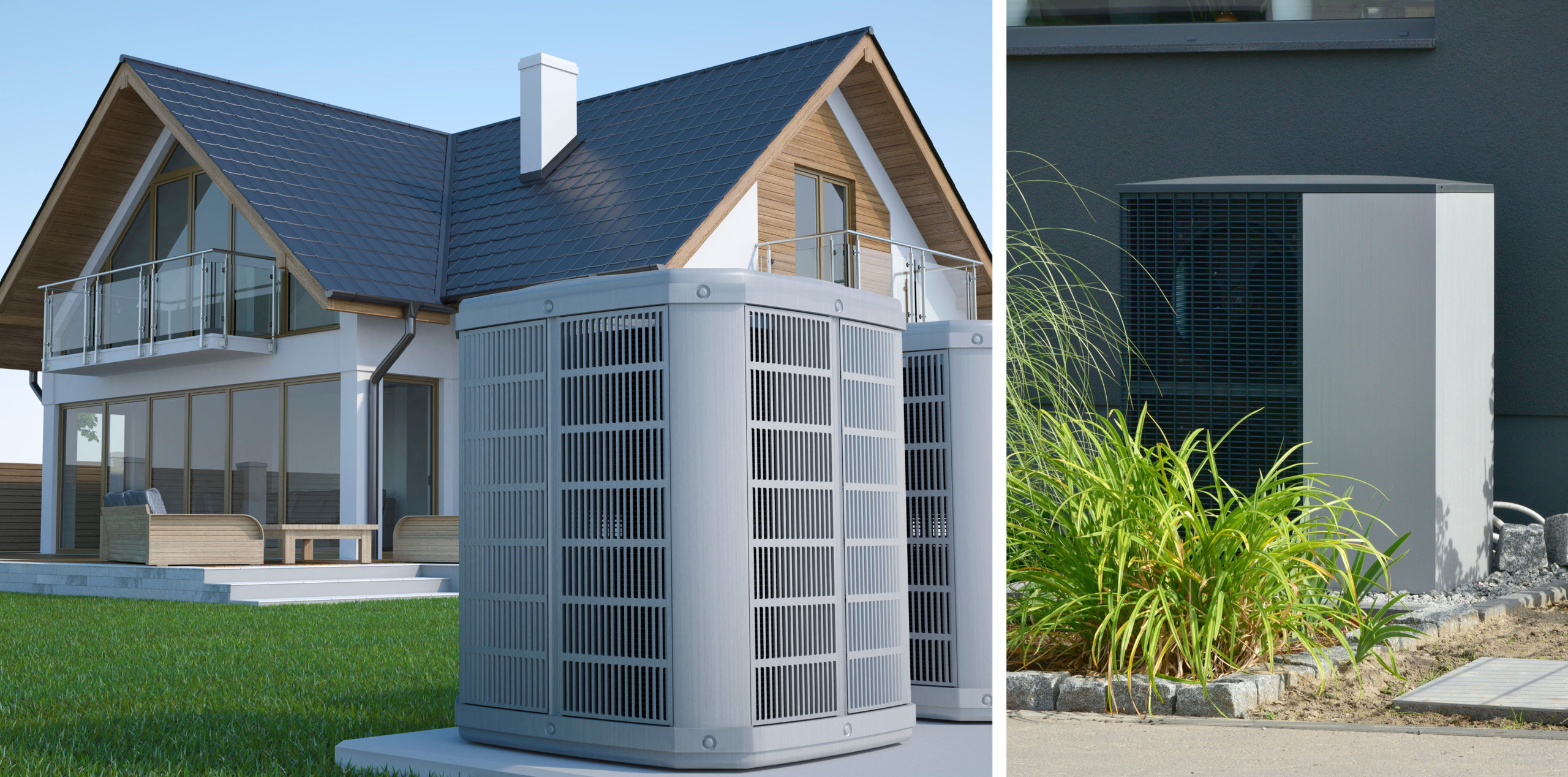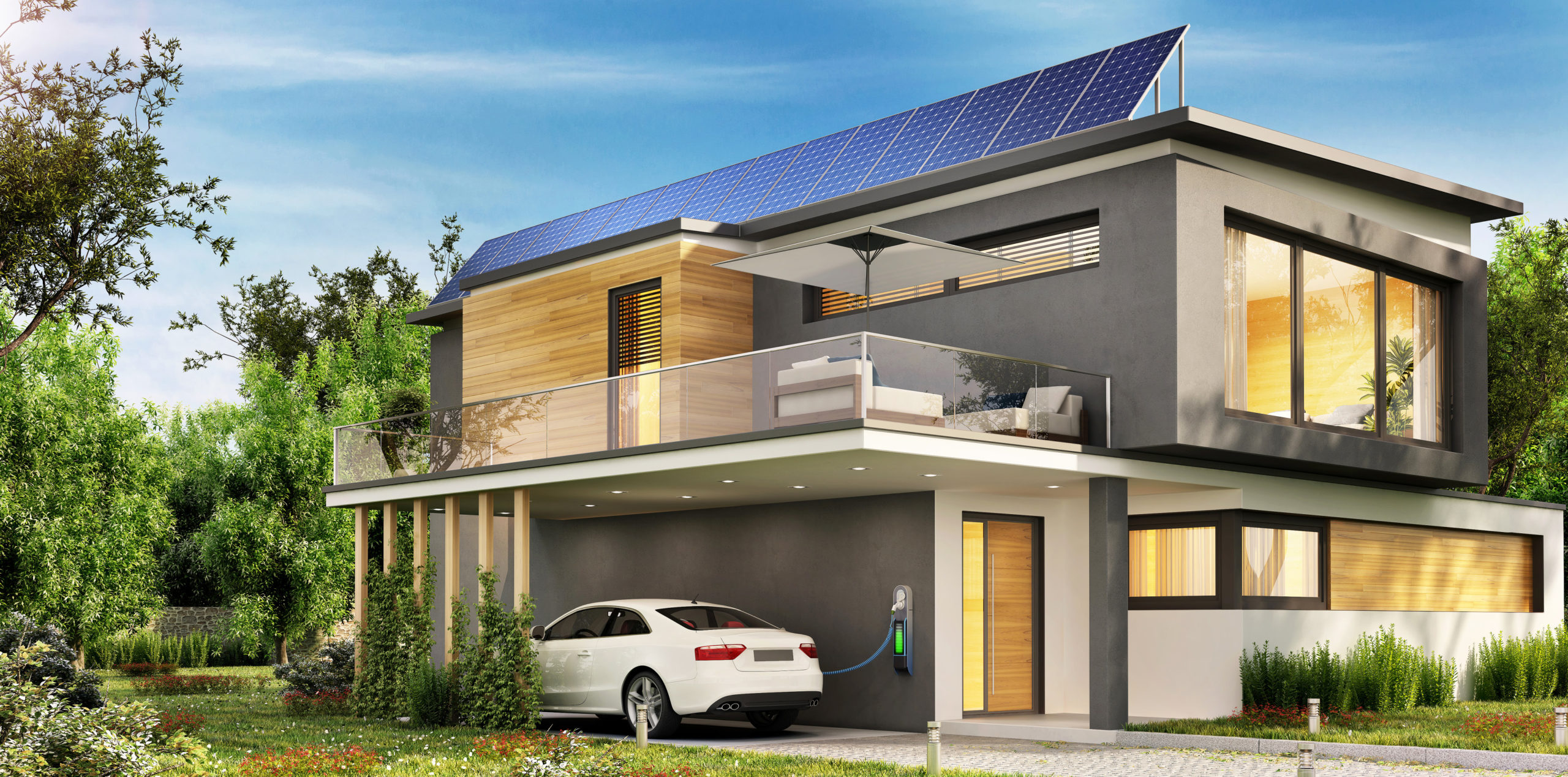by Janice Henshaw –
Rebates – now that’s an exciting and productive research area to enjoy at the start of 2022. Who doesn’t like to upgrade their home or vehicle and then get part of the purchase price back? It’s now more important than ever to explore environmental rebates before making major purchase decisions. Here’s a question to start off: what do you think is the most environmentally friendly way to heat a home – besides the sun? According to a BC Hydro survey called “Cold comfort: The link between home heating and climate change,” more than one third of British Columbians believe that the answer is natural gas. Well, BC Hydro refutes that belief; they say that gas furnaces significantly contribute to climate change and that heating a single-family house by gas emits about 2,000kg of carbon dioxide per year.
According to current research, making a switch from fossil fuels to using an electric heat pump at home is one of the most significant steps we can take to reduce our carbon footprint. We live in a moderate, oceanic climate on the southern part of Vancouver Island in which heat pumps excel at keeping us warm in the winter – or cool in the summer. But only 10% of us use electric heat pumps! Why?
Susie Rieder, the Senior Media Relations Advisor at BC Hydro, says that 60% of survey respondents in 2021 said they would be interested in installing a heat pump, so that’s good news for the future. Another question asked: “What is holding you back from installing a heat pump? The number one reason was cost, at 31%. A further 27% said they rented and had no control of their heating system. 23% said they did not know what a heat pump is.
There are three significant benefits to installing a heat pump:
1. An electric heat pump in place of a gas furnace will substantially reduce home heating emissions.
2. Heat pumps extract heat from the outside air to warm your home. It somehow changes the process in the summer (a little magic?), so you have air conditioning!
3. Heat pumps require less maintenance than combustion heating systems, and they have an average lifespan of 15 years. That’s pretty impressive.
To address the cost issue – rebates will help. BC Hydro offers a $3,000 rebate top-up if customers switch their home heating from fossil fuels to an electric heat pump. When combined with the provincial CleanBC rebate and federal rebates (NRCan – Canada Greener Homes Grant), customers could save up to $11,000. Several municipalities offer top-up rebates too. Start with the BC Hydro Residential Rebates webpage to find more information on many different rebates, product eligibility and installation requirements.
Fortis Gas offers several rebates; they even doubled up on some rebates last year. Let’s hope they do so again! Rebates are available on major appliances and home renovations, including natural gas fireplaces, water heaters, insulation, and even a bonus rebate. Also, Fortis offers up to $1,000 when customers replace their old natural gas space heating or up to $1,500 for an eligible high-efficiency ENERGY STAR® combination heating and hot water system. Check out details of rebates at “Fortis Gas – Rebates and Offers.” Enter your location to find current rebate offers in your area. For example, if you add Saanich as your residence, there is a rebate for replacing exterior windows and doors – $50 per opening up to a maximum of $3,000.
The second huge change to reduce greenhouse gas emissions is to recycle the gas guzzlers that sit in our garage or out on the street – the vehicles we commute in. Residents, businesses, non-profit organizations and local government organizations leasing or buying a new electric vehicle in B.C. are eligible for a rebate of up to $3,000 on the after-tax vehicle price, thanks to the “CleanBC Go Electric program.” (Vehicles with an MSRP of more than $55,000 are not eligible.) The program provides $1,500 for the purchase or lease of a shorter-range plug-in hybrid electric vehicle.
Our new language – do you know what a ZEV is? It’s a “zero emissions vehicle” – one that has the potential to produce no tailpipe emissions. To encourage electric vehicle adoption, the Liberal government has promised an additional $1.5 billion investment in Canada’s popular incentive program iZEV (the “i” stands for incentive), which offers buyers up to $5,000 in rebates when buying a ZEV. (These rebates are not available for vehicles over the current MSRP of $45,000 – check “list of eligible vehicles under the iZEV Program” on the Transport Canada website). If you can, the next step is to go out and buy an electric car or truck if you can find one – they are a hot commodity! Driving one means coasting by gas stations with no guilt and a big grin on your face. And there is another benefit. The more new EV’s we buy, the more used EV’s that will become affordable for others to buy in the future!
Over 6,000 public charging stations have been installed across our country and more than 2,500 in B.C. It’s a revolutionary change in the automobile and trucking industry, and we are lucky enough to see the start of it. Still, it’s most convenient to charge our EV’s at home. B.C. has initiated and funded a home EV charging program that BC Hydro and FortisBC administer. Single-family homes can receive 50% of the purchase and installation costs up to $350. EV charging rebates also apply to condos, apartments, and workplaces. Indigenous communities in B.C. are eligible for enhanced charger rebate offers. Check out the District of Saanich for its EV top-up rebate plan.
SCRAP-IT, a registered not-for-profit independent society, offers a $6,000 rebate when you purchase a qualifying new EV or a $3,000 rebate when you buy a qualifying used EV. Other incentives include a rebate for your home charging installation, and if you want to scrap your old car for a new electric bike, SCRAP-IT offers a rebate of $750. Your first step? Read all the details for any rebate carefully so that you are aware of all the terms and conditions that ensure your project is eligible. Have patience, too, as many people are applying for rebates.
Rebates = positive change. For 2022, let’s use these environmental rebates and work on other innovative ideas to make positive changes that help heal our environment – it’s the biggest and most important challenge of our lives!






